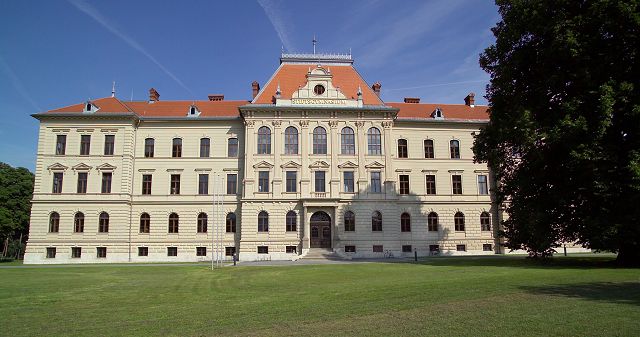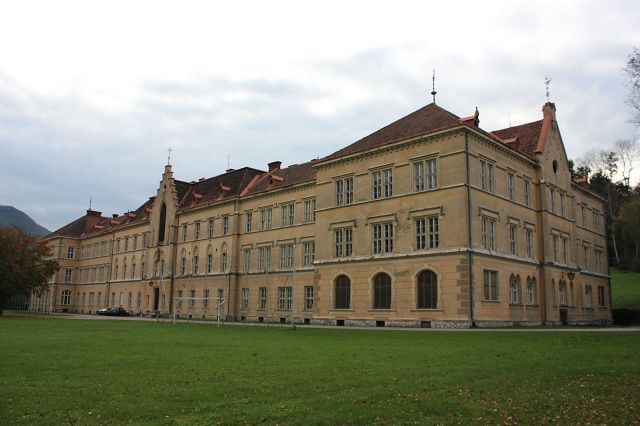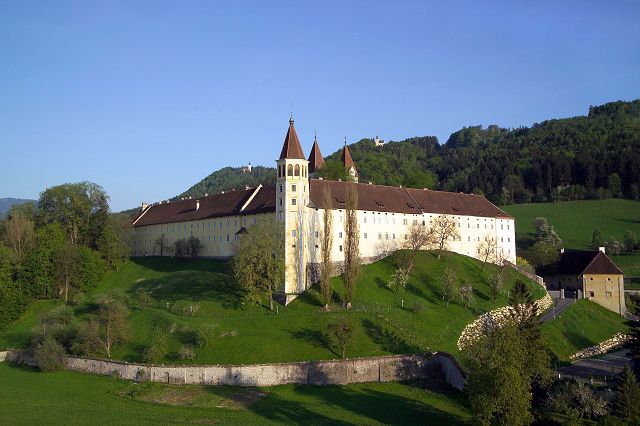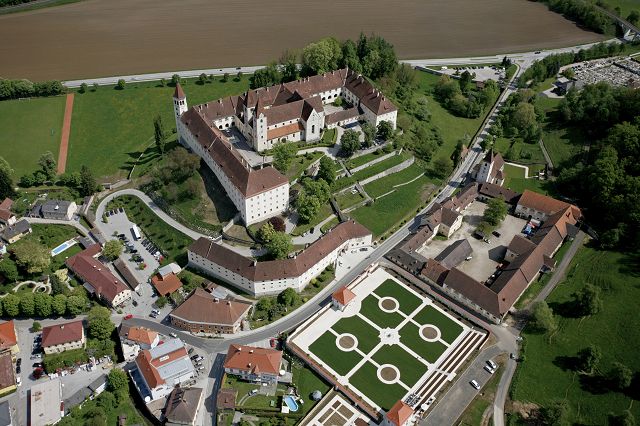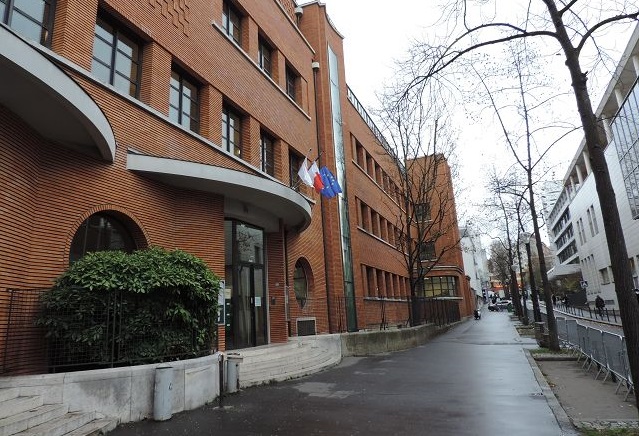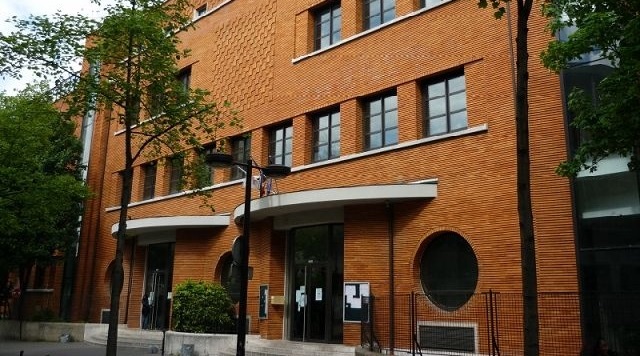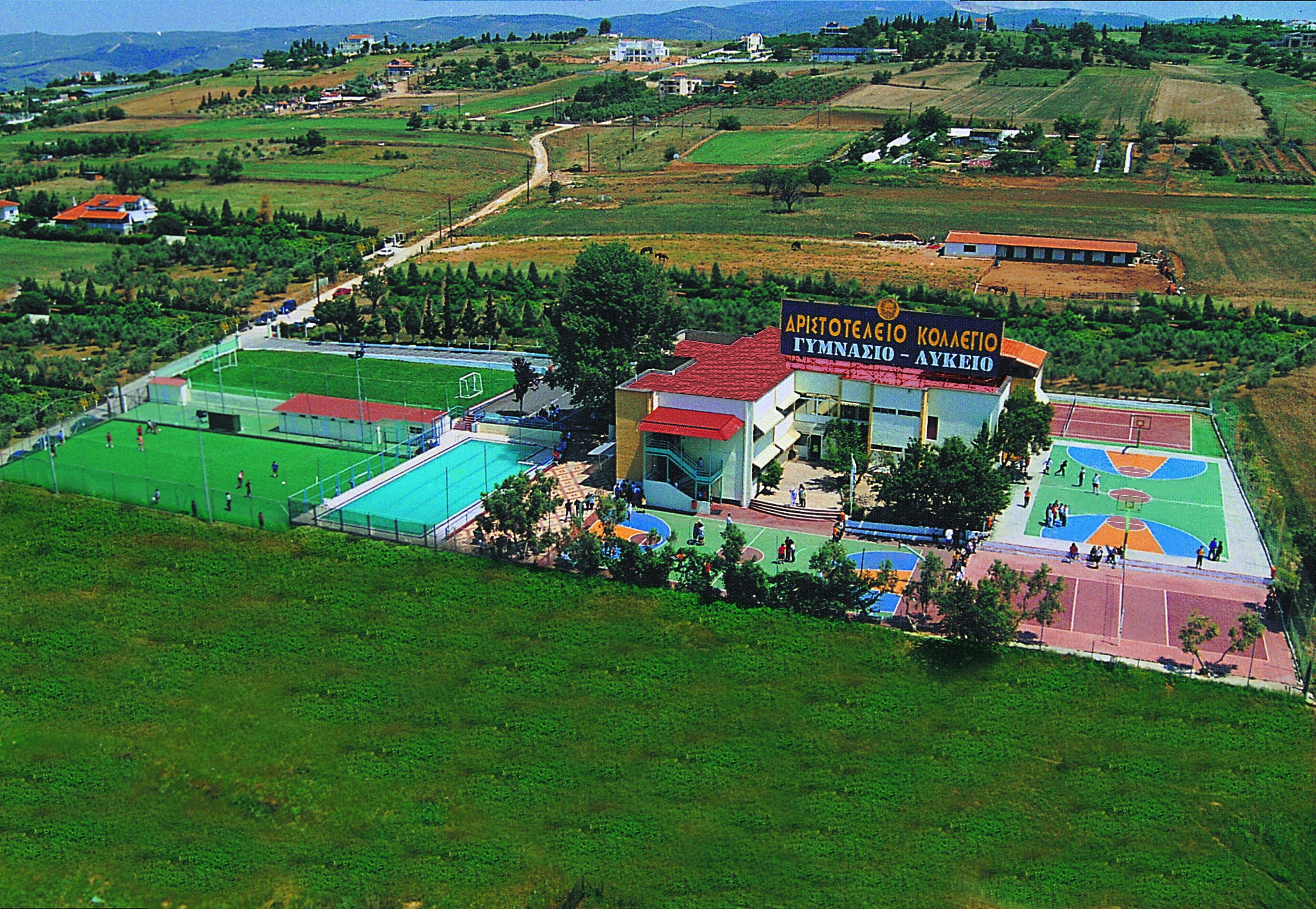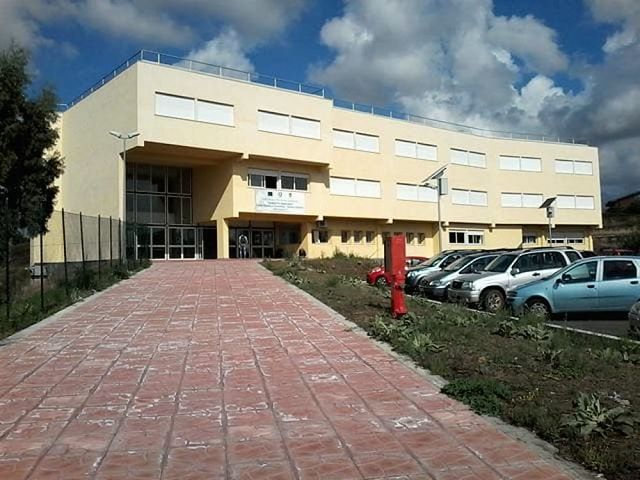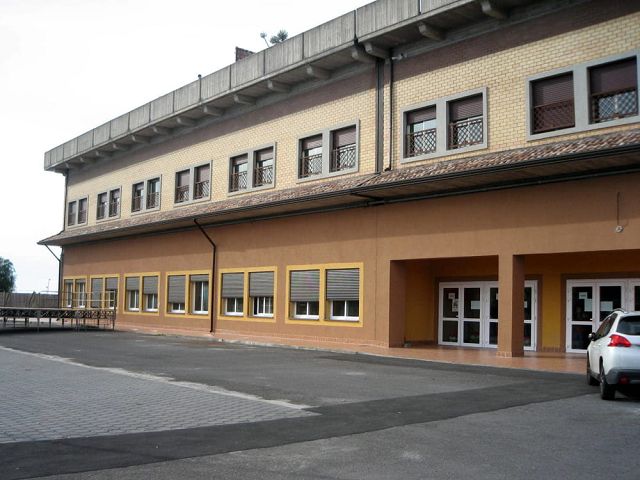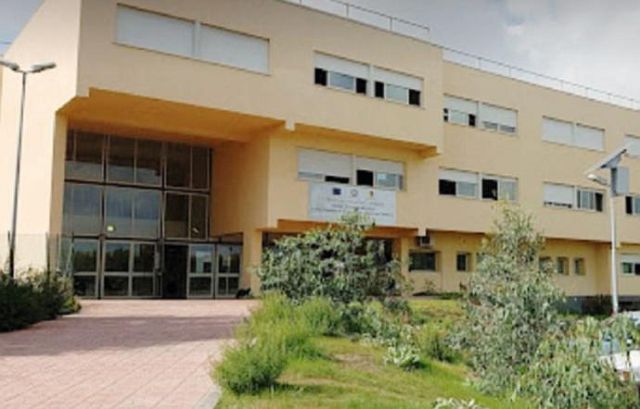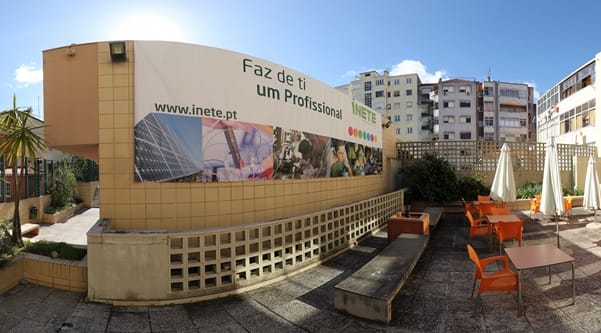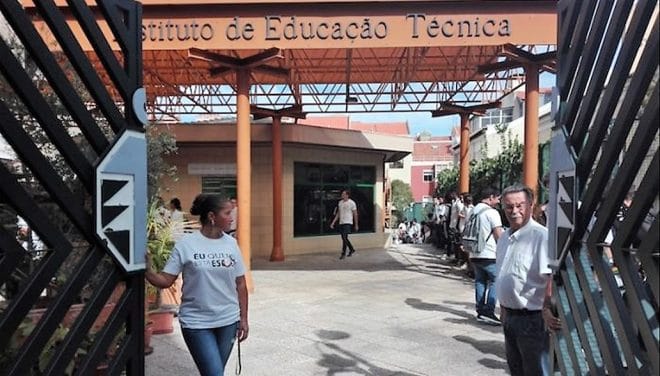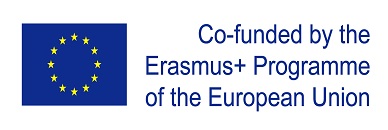In 2009, one of the four common European objectives established in the Education and Training 2020 (ET 2020) is to promote equity, social cohesion, and active citizenship. This benchmark is fostered by a Communication of the European Commission in June 2015 and by the Paris Declaration „on promoting citizenship and the common values of freedom, tolerance and non-discrimination, which in March 2015 was adopted by European Education Ministers and Commissioner Navracsics.” The Declaration affirms that “The primary purpose of education is not only to develop knowledge, skills, competences and attitudes and to embed fundamental values, but also to help young people […] to become active, responsible, open-minded members of society. Children and young people represent our future and must have the opportunity to shape that future. […] We must build on children’s and young people’s sense of initiative and the positive contribution they can make through participation, while reaffirming the common fundamental values on which our democracies are based.”
The inspiring idea of this Erasmus+ KA229 project has been the report on “How to prevent and tackle bullying inside and outside schools”, commissioned by the European Commission's Directorate-General for Education and Culture and published on 12th December 2016 in order to highlight EU-wide evidence and practices and stimulate a policy discussion about bullying in the EU.
According to this report, bullying is a common issue in all EU states because bullying (and cyberbullying too) is a serious offence to freedom, tolerance and non-discrimination. According to Olweus’s definition (1999) and his OBPP (The Olweus bullying prevention program), „Bullying is to be understood as physical, verbal and relational behaviours, which involves one party having the intention to repeatedly hurt or harm another, within an uneven power relationship where the victim is unable to defend him/herself.”
Within the educational landscape, the school is an institution for transmitting values and attitudes that honour openness and learning from difference. As school bullying and cyberbullying is today present in many forms, schools can provide a place where young people learn the skills and competences that will help them to resolve conflicts and issues in a peaceful manner and learn to live with diversity on a daily basis.
Therefore, schools from six countries decided to set up this interdisciplinary, transnational and multilingual project for the exchange of good practices, whose aims are to investigate about these manifestations and to realize and apply new and effective strategies to prevent them, to create a tolerance culture and to promote a democratic school attitude. Moreover, this cooperation represents a crucial chance to develop international synergies, share expertises and learn the best practices from each other.




